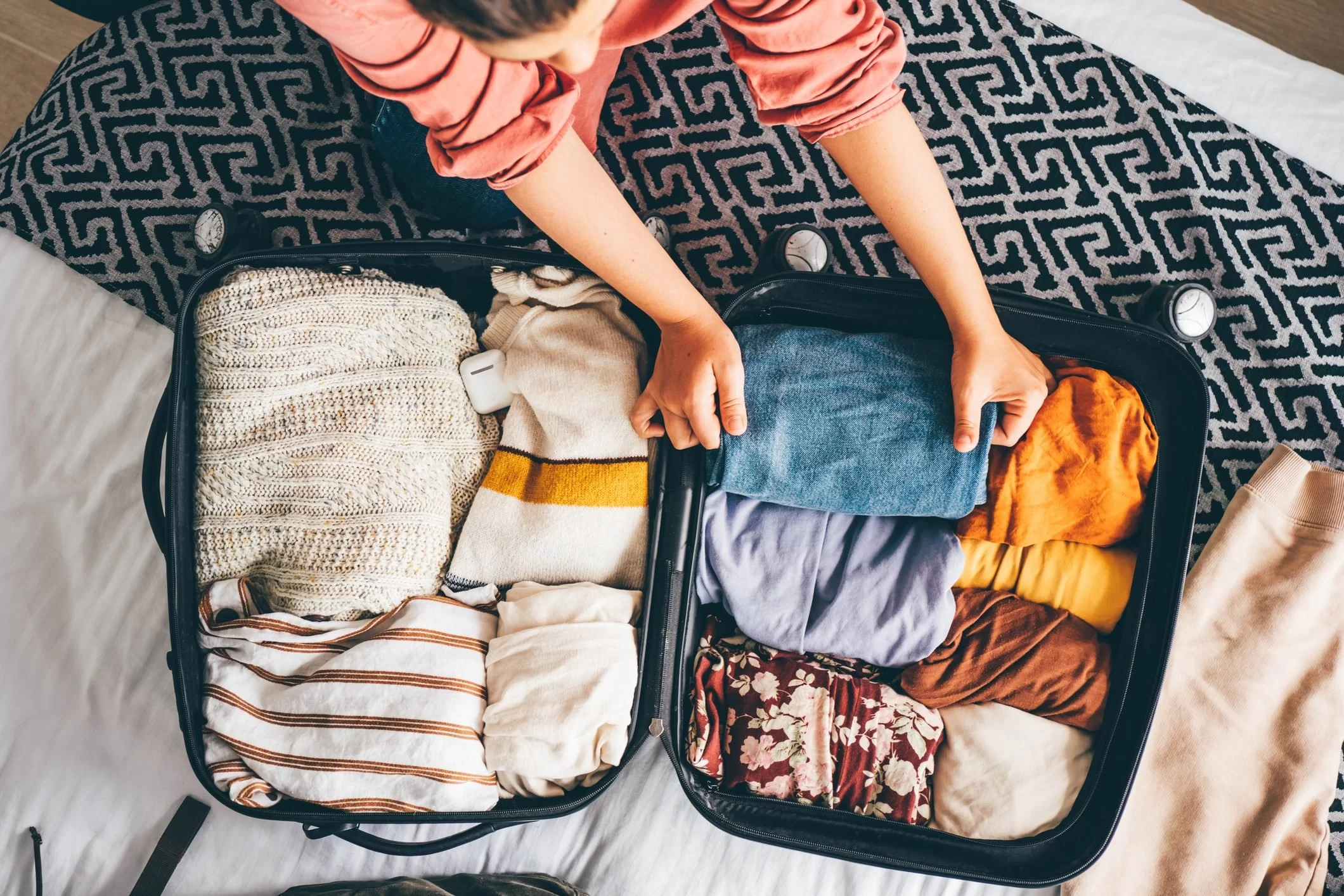How to Avoid Travel Scams When Visiting Southeast Asia: Essential Tips for Safe Travel
- Why Southeast Asia Can Be Vulnerable to Scams
- Common Travel Scams in Southeast Asia
- How to Identify Travel Scams
- How to Avoid Travel Scams in Southeast Asia
- Tips for Staying Safe in Southeast Asia
Why Southeast Asia Can Be Vulnerable to Scams
Southeast Asia is one of the most popular tourist destinations in the world, attracting millions of visitors each year with its rich culture, beautiful landscapes, and affordable travel options. However, like many tourist-heavy regions, it also faces a high rate of travel scams. Many local scammers prey on tourists who are unfamiliar with the area, often taking advantage of their excitement, inexperience, or lack of local knowledge.
It's important to understand that scams in Southeast Asia can vary widely, from minor annoyances to more serious financial losses. The key to avoiding these scams lies in being aware, staying informed, and approaching every situation with caution. Whether you're exploring the vibrant markets of Bangkok, relaxing on the beaches of Bali, or sightseeing in Hanoi, these tips will help you stay safe and avoid falling victim to fraudsters.
Common Travel Scams in Southeast Asia
In Southeast Asia, scams targeting tourists come in many forms. Here are some of the most common ones you should be aware of:
- Taxi and Tuk-Tuk Scams: Some drivers may offer rides at inflated prices or claim that certain attractions are closed to trick you into taking a more expensive route.
- Fake Tour Guides: Unofficial guides may approach you offering tours at discounted rates, only to take you to overpriced shops or charge hidden fees later.
- Currency Exchange Scams: Some currency exchange kiosks may offer a seemingly good exchange rate, only to give you counterfeit or less money than you expected.
- Gem and Jewelry Scams: Tourists are often targeted by fake jewelers who promise high-quality gems at incredibly low prices, only to sell fake or overpriced items.
- Hotel Scam: Some hotels may advertise cheap rates or discounts online but will charge you more upon arrival with hidden fees or upselling tactics.
- Street Performers and Begging Scams: Some street performers may pressure you for tips or perform in groups, misleading you into paying far more than you intend.
How to Identify Travel Scams
Recognizing a scam is the first step in avoiding it. Here are some red flags to look out for when traveling in Southeast Asia:
- Too Good to Be True: If an offer sounds too good to be true, it probably is. Scammers often use enticing deals to lure you in, such as "free tours" or ridiculously cheap accommodations.
- Pushy Behavior: If someone is overly persistent or aggressive in their sales pitch or attempt to get you into a vehicle, be suspicious.
- Unsolicited Offers: Be wary of unsolicited offers for assistance, especially from people who approach you in public places like tourist spots or train stations.
- Vague Information: If the details of a deal, tour, or service are unclear or if the pricing isn't transparent, it could be a scam.
- Pressure to Decide Quickly: Scammers will often rush you into making a decision without giving you time to think or ask for more details.
How to Avoid Travel Scams in Southeast Asia
Avoiding scams in Southeast Asia requires vigilance and preparation. Here are some practical steps you can take to stay safe:
- Use Reputable Transportation: Always use official taxis, ride-sharing apps, or reputable tour companies. Avoid accepting unsolicited rides from tuk-tuk drivers or people offering private transportation.
- Research Your Destination: Before your trip, research the common scams in the cities or countries you're visiting. Knowing what to look out for will help you stay alert.
- Stay in Well-Known Hotels: Book accommodations through trusted websites or well-known chains to avoid hidden fees or being misled about the room quality.
- Don’t Share Too Much Information: Scammers often strike when they have personal information about you. Keep your plans, details of your travels, and your wallet secure at all times.
- Trust Your Instincts: If something doesn’t feel right or if you’re unsure about a situation, don’t hesitate to walk away. It’s better to be cautious than regret it later.
Tips for Staying Safe in Southeast Asia
Staying safe while traveling in Southeast Asia involves more than just avoiding scams. Here are a few additional tips to ensure a secure and enjoyable trip:
- Keep Your Valuables Secure: Use hotel safes, lock up your bags, and avoid carrying large amounts of cash or valuable items in public.
- Be Cautious in Crowded Areas: Popular tourist spots and markets can be breeding grounds for pickpockets, so always stay alert and keep your belongings close.
- Learn Basic Local Phrases: While many people in Southeast Asia speak English, learning a few basic phrases in the local language can help you communicate better and avoid misunderstandings.
- Stay Connected: Keep your family or friends updated on your whereabouts and itinerary, especially when traveling to remote areas.
- Travel Insurance: Invest in travel insurance that covers theft and medical emergencies. It’s always better to be prepared for the unexpected.






